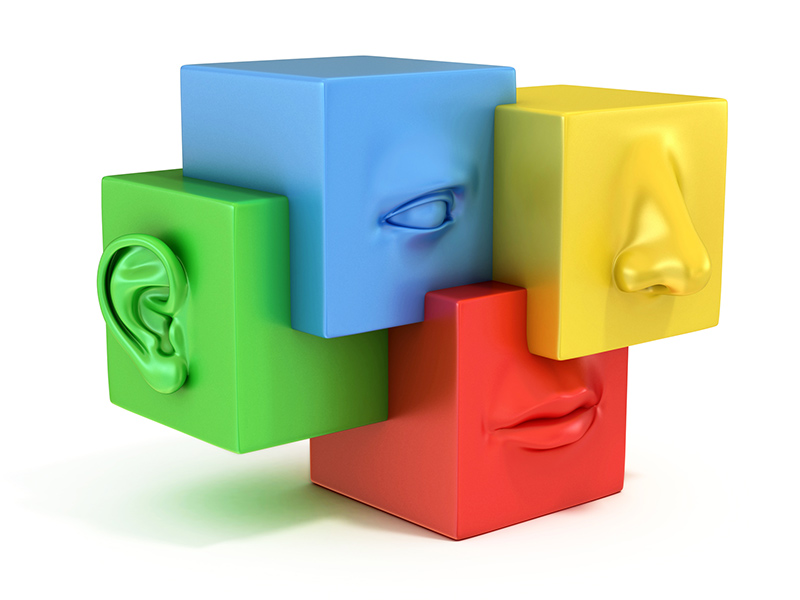You might think the worst thing about your hearing loss is that you need to turn the TV up a little bit during your favorite show. But the effects of untreated hearing loss on your health and life are much more extensive.
You might be surprised how untreated hearing loss changes things for you both physically and mentally. Consider some side effects that often come with untreated hearing loss.
Untreated hearing loss can cause ringing in your ears
You can’t hear the TV anymore, but you hear something. It is estimated that around 50 million people in this country hear phantom noises in one or both ears. This condition, known as tinnitus, is often associated with some hearing loss.
It might be a persistent ringing noise, or you might hear:
- Roaring
- Buzzing
- Clicking
- Whooshing
- Pulsing
It could even sound like you have that ear pressed up against a seashell. While not really dangerous, tinnitus can be nerve-wracking. For most sufferers, it will have an effect on their quality of life over time.
Increased risk of dementia for the hearing impaired
You are putting yourself at greater risk of developing dementia or Alzheimer’s disease by ignoring your hearing loss. It is unclear why there is a connection between these two problems. One theory is that the strain of trying to understand words becomes overwhelming for the brain, putting you at risk for cognitive disorders and other health-related problems like falls. Another theory is that the deprivation of stimuli leads to cognitive decline.
There is evidence that people with untreated hearing loss may have an increased risk of accelerated brain tissue loss, as well. One study found that there was a marked difference in the structure of the brain for people with hearing loss, as compared to those with normal hearing. These changes left their brains smaller in size.
Untreated hearing loss can affect your mental health
The inability to understand what you hear can lead to social isolation and mental health issues, too. For example, untreated hearing loss doubles the likelihood of developing depression. Hearing loss can be isolating because people who try to engage in conversation may:
- Misunderstand words
- Speak louder than they realize
- Ask friends and family to repeat themselves often
It is this combination of factors that can lead the hearing challenged to stop trying to interact with others. The effect untreated hearing loss has on quality of life becomes cumulative, too. Often older adults experiencing hearing loss will suffer from:
- Depression
- Anxiety disorders
- Paranoia
They may get a false sense that people are angry at them, as well, because it seems like people are shouting at them. Without proper interventions like hearing aids, people with untreated hearing loss can become isolated and lonely. Many times they don’t even realize that hearing loss is responsible, especially if they refuse to see a specialist.
Fatigue
The struggle to hear each day without assistance becomes overwhelming, and fatigue can set in. Those with hearing loss work harder than most to understand even basic conversations. It is an experience that is both mentally and physically draining. That fatigue can lead to:
- Tense muscles
- Headaches
- Digestive problems
- Depression
Hearing can sneak up on you. You may not realize your hearing is lacking, either, so it seems almost like you feel tired for no reason.
The struggle to hear puts a strain on you both emotionally and physically. If you feel tired or are experiencing symptoms that you just don’t understand, now is a good time to make an appointment for a hearing test. A hearing test can provide clarity that may lead to a solution to your hearing problem and the side effects that come with it.
